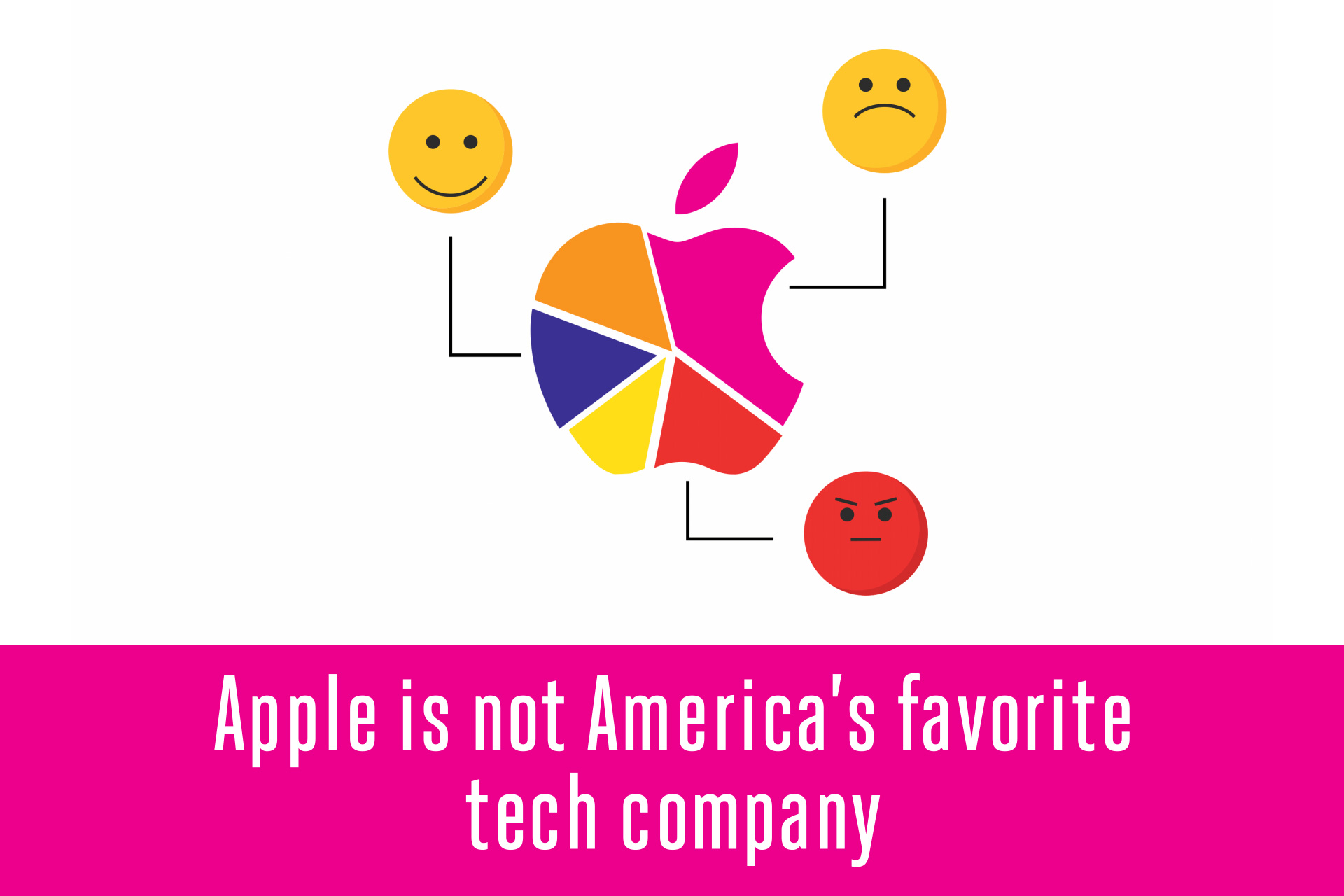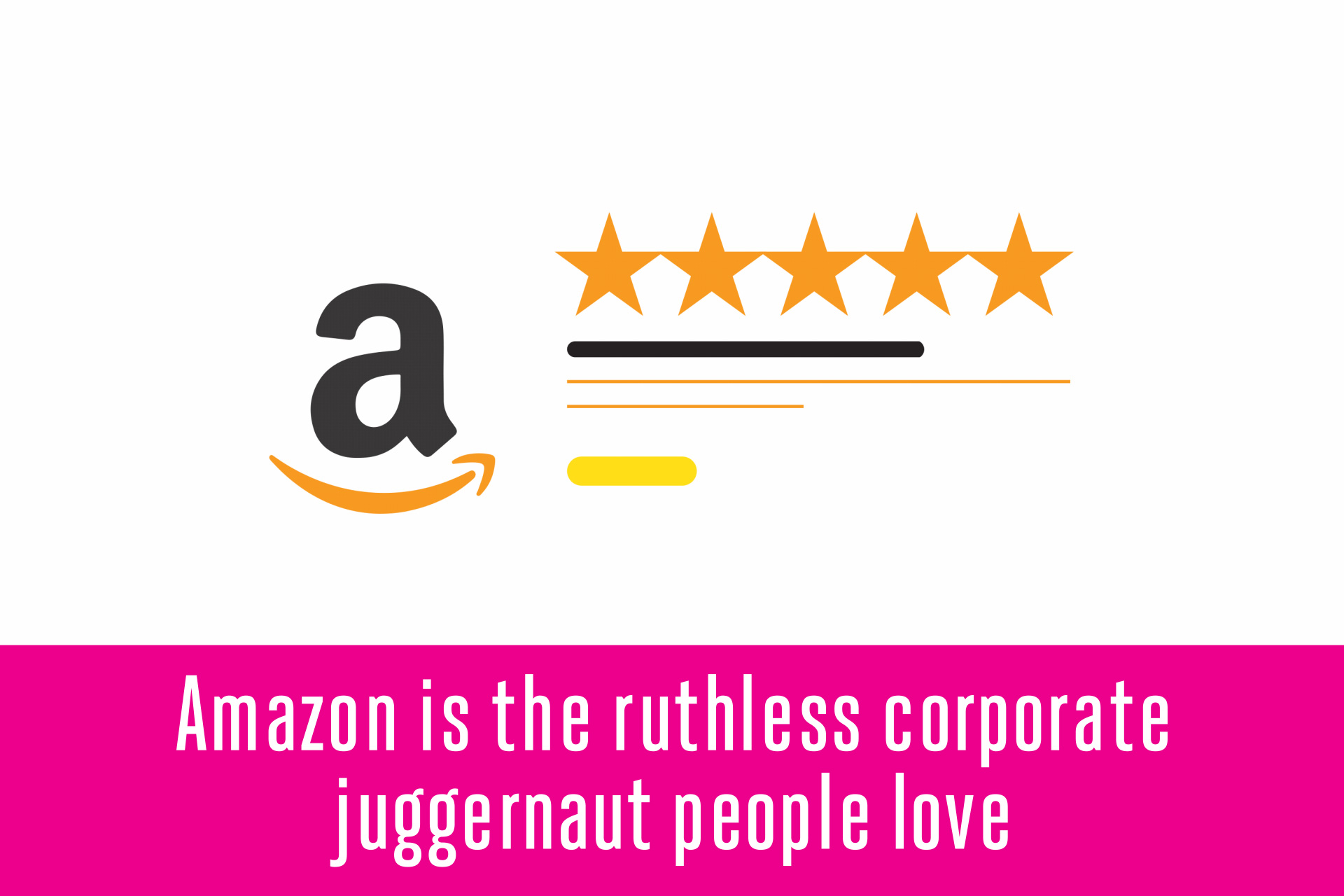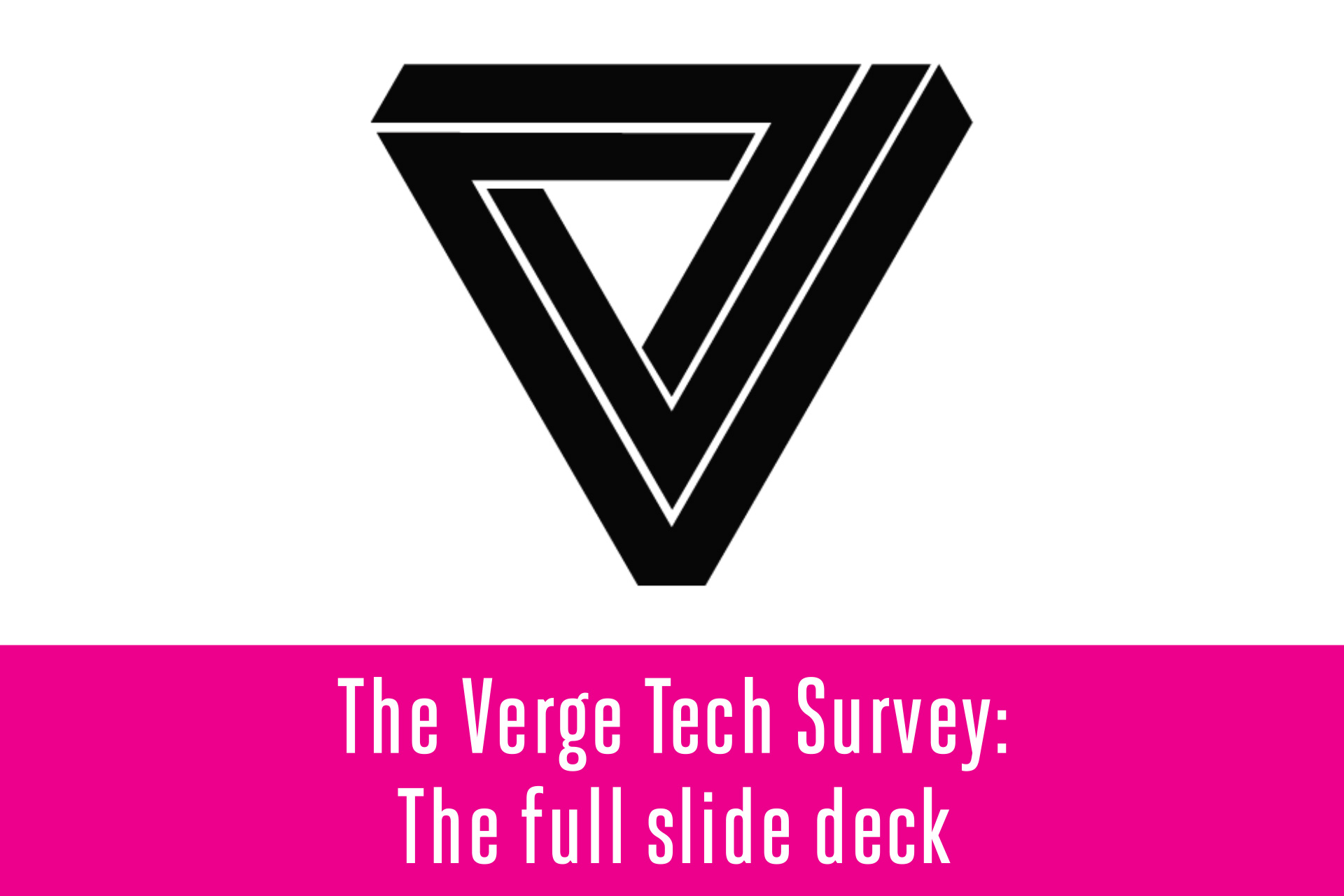President Donald Trump’s strong embrace of Twitter made the platform more relevant than ever in 2017, but that has not resulted in an embrace of the company by the larger public, a Verge survey found. More respondents said they greatly disliked Twitter — and fewer said they greatly liked it — than Apple, Google, Facebook, Microsoft, or Amazon. Twitter also had the most respondents say they would not care at all if it went away
Twitter declined to comment.
Fewer respondents said they liked Twitter than Apple, Google, Facebook, Microsoft, or Amazon
The survey found that 9.6 percent of people greatly dislike Twitter, compared to 19.3 percent of people who said they greatly like it. For comparison, 9.3 percent said they greatly dislike Facebook, and 41.3 percent of people said they greatly like it. More people said they were not at all likely to recommend Twitter than any other service in the study. The survey, conducted from September 28th to October 10th, included 1,520 people nationally representative of the US, based on 2016 US Census estimates.
The survey did not ask respondents to elaborate on their feelings. But the survey comes as Twitter faces challenges on multiple fronts: a years-long, mostly unsuccessful quest to grow its user base beyond the 328 million people who use it each month; a belated effort to reduce the amount of abuse and harassment on its platform; revelations that Russians used the platform as part of their effort to meddle in the 2016 US election; and criticism from lawmakers for failing to turn over relevant information about foreign interference.
These issues, combined with a shrinking business and stagnant stock price, have led to consistently negative coverage of the company in the press. At the same time, Twitter is ubiquitous in the media — individual tweets, from the president and others, are reported on as major stories nearly every day on cable television and in other media. And the service’s heavy usage by entertainers, athletes, politicians, and journalists ensure that Twitter reaches a larger number of Americans each month than is reflected in its official user count.
Relatively few people who have positive associations with the company
Given Americans’ broad exposure to Twitter on a near-daily basis, it is noteworthy that the survey found relatively few people who have positive associations with the company. Twitter’s identity as the place where news breaks first means it is often where the world learns about calamities. Twitter is where the United States first learned about shootings, wildfires, and threats of nuclear war — and that’s just the past couple months. It seems possible that at least part of respondents’ negative associations about Twitter could derive from the often negative content for which it is best known.
But Twitter has also struggled to make itself hospitable to new users. The company’s well-documented struggles with reducing abuse on the platform have driven away millions of users, former executives have said. More recently, Twitter’s embrace by the far right, including Nazi sympathizers, have generated clouds of controversy.
The survey results suggest Twitter would benefit from shifting public perceptions, but given the depth of users’ apparent dislike of the platform, the survey suggests Twitter faces an uphill battle.
:no_upscale():format(webp)/cdn.vox-cdn.com/uploads/chorus_asset/file/9543259/twitter4.gif)
:no_upscale():format(webp)/cdn.vox-cdn.com/uploads/chorus_asset/file/9543259/twitter4.gif)




Share this story